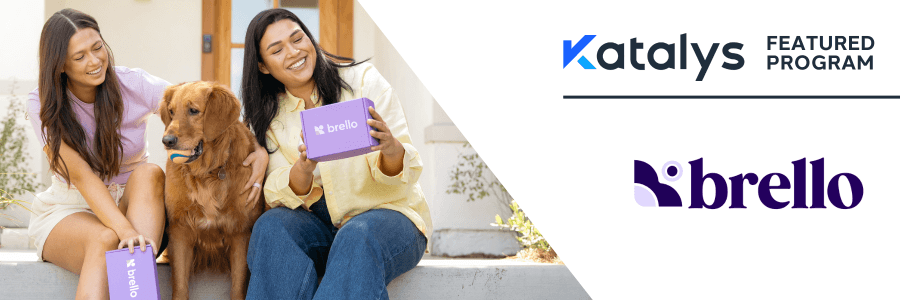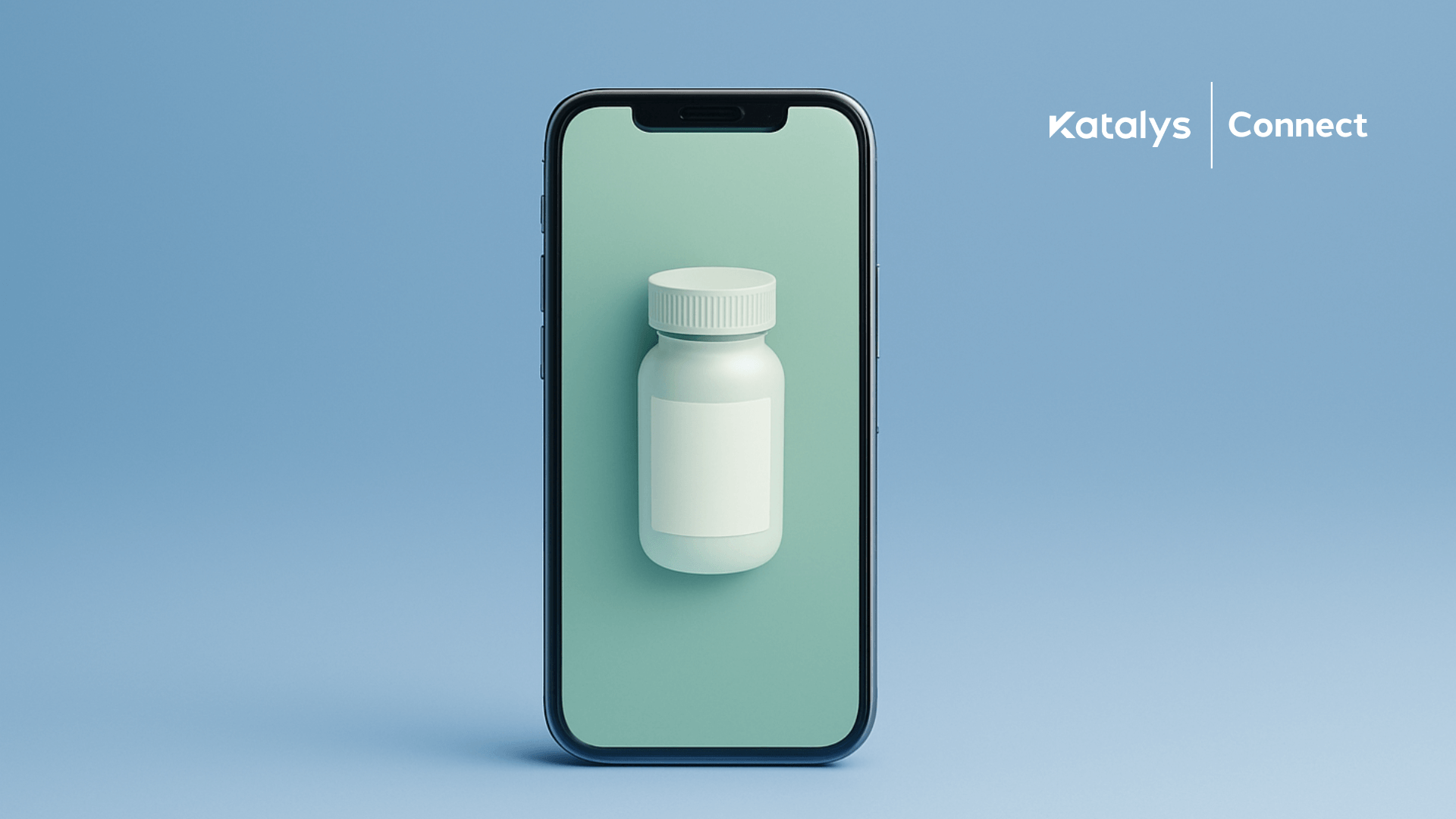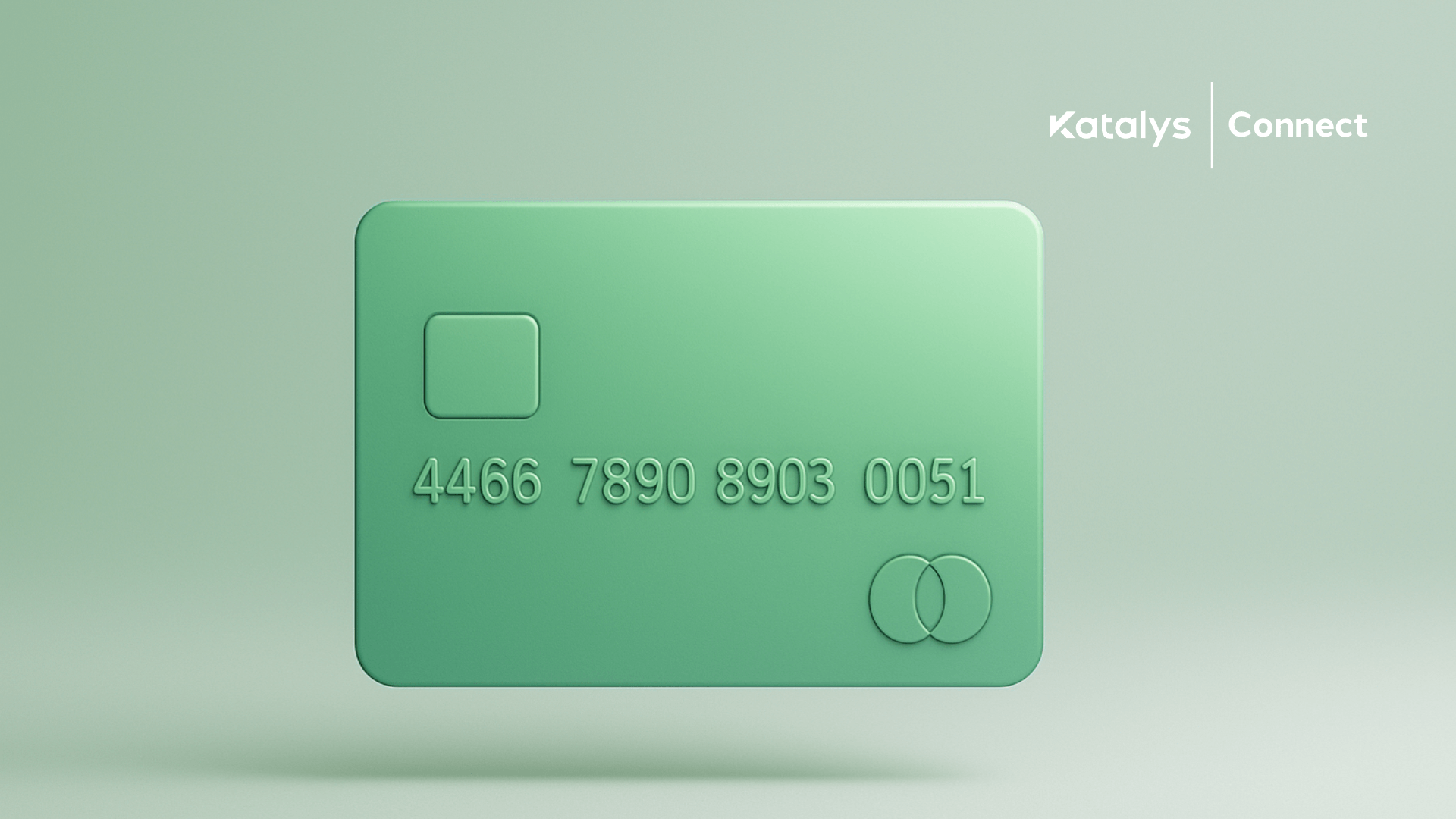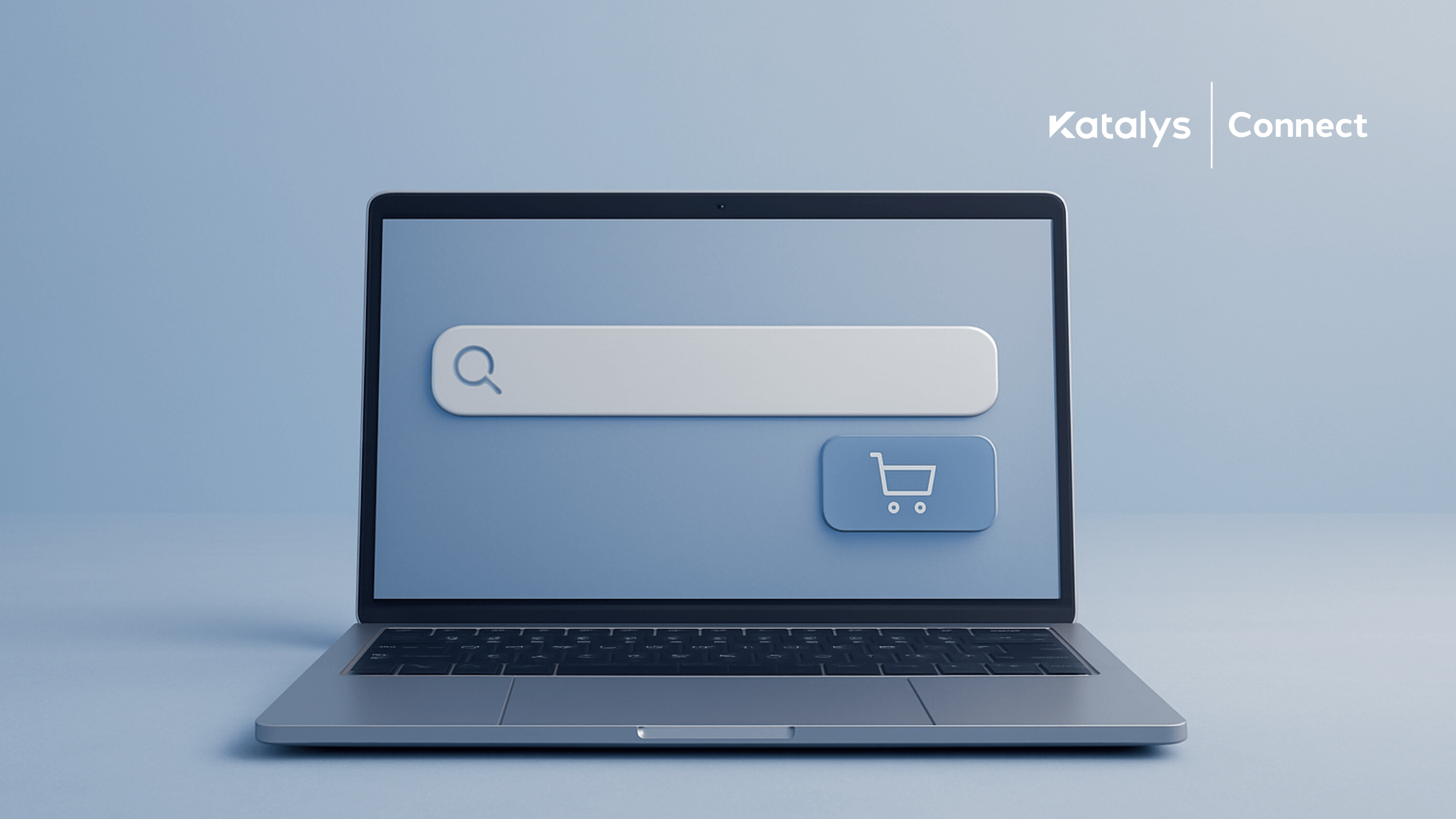Welcome to this week’s edition of Katalys Connect – your shortcut to the latest in performance marketing!
[Read time: 5 minutes]
What’s in this issue? Each week, we pack the latest trends, actionable insights, and industry breakthroughs into a quick read – ensuring you’re not just keeping up, you’re staying ahead.
- Monetization: Monetization: From AI scraping headaches to affiliate’s rise and publishers fighting back with answer engines — see where the money’s really moving.
- Growth: New ad tools, TV-driven buzz, and AI safeguards — discover how brands are leveling up their playbook.
- Future of Commerce: Telehealth hits TikTok, PayPal bets on AI browsing, and holiday shoppers demand more value than ever.

⭐ Katalys Featured Program: Brello Health
Affordable Wellness, Built to Convert • Brello Health makes GLP-1 weight loss care accessible with science-backed plans, nationwide reach, and a price point that motivates action. With over 28,000 customers and counting, it’s a trusted way to tap into high-intent health audiences.
- Who they are: Brello offers physician-guided GLP-1 treatment plans at the best price in the industry, helping real people achieve their wellness goals without the cost barriers of traditional care.
- Why join: Promote a high-converting offer with proven demand, updated creative assets, and wide acceptance of traffic types — built for partners who want to deliver value and drive results.
Affiliates – Ready to grow with a wellness brand that resonates? Sign up for Katalys and apply to join Brello Health.
Brands – Want to connect with health-focused consumers at scale? Let’s talk.

💸 Monetization
Creator Budgets Shift • Brands are boosting creator marketing spend, but much of it is flowing into paid media and affiliate channels rather than direct sponsorship deals.
- According to a recent report, 70% of creators expect sponsored posts to make up less than a quarter of their holiday content, while affiliate has become a foundational revenue stream.
- Spark Ads now accounts for 60–70% of TikTok creator ad spend, and creators are leaning into affiliate and scalable ads to capture the dollars shifting away from traditional sponsorships.
AI Scraping Woes • Rising bot traffic is straining sites, inflating hosting costs, and delivering little value — with smaller publishers feeling the pinch most and leading some to question the benefits of allowing AI access to their content.
- Trusted Reviews, a 20-year-old consumer tech site from the UK, endured 1.6M scrapes in one day, forcing outages and higher hosting bills, while only 0.037% of those scrapes led to visits.
- Publishers debate blocking scrapers: some argue LLMs are reshaping search behavior, making visibility worthwhile, but referral traffic from ChatGPT remains negligible at just 0.2% overall — far from a Google-like value exchange.
Answer Engine Revolution • Publishers are innovating with on-site answer engines to reclaim traffic lost to AI-driven search and social platforms.
- Leading media companies like The Information and Gannett are launching tools that mimic chatbot interfaces, serving their own content to engage users directly.
- This shift is part of a broader strategy where publishers are diversifying their offerings, investing in newsletters, podcasts, and live events to enhance audience connection.

📈 Growth
Google Ads Promo Tools • Google Ads is introducing a new feature bundle that allows advertisers to optimize their spending during promotional periods, enhancing control over campaign budgets and performance.
- Advertisers can set a fixed budget for 3-90 days, ensuring spending aligns with promotional timelines, and choose to accelerate spending for 3-14 days to focus on maximizing volume rather than strict efficiency – ideal for flash sales and time-sensitive offers.
- The new tools integrate with Performance Max, Search, and Shopping campaigns, allowing for more strategic bidding and budget allocation during high-stakes promotional events.
TV Drives Online Buzz • Reddit says TV and mobile aren’t competing “first” and “second” screens, but complementary channels that amplify engagement.
- Ninety-four percent of Reddit users subscribe to TV services, and 50,000+ communities are dedicated to TV and streaming conversations.
- Entertainment is Reddit’s largest category, making TV a catalyst for driving online discussion and extending campaign reach across platforms.
Meta’s AI Guardrails • Advertisers can now exclude specific words from Meta’s AI-generated ad copy, giving brands tighter control over automated campaigns.
- The new “Restricted Words” option in Advantage+ campaigns lets marketers block off-brand terms while keeping the benefits of AI-driven creative generation.
- Combined with tools like AI image, video, and copy generation, Meta’s ad automation is showing performance lifts — with Q2 data reporting 5% higher conversions on Instagram and 3% on Facebook.

🚀 Future of Commerce
Telehealth Enters TikTok Shop • Wisp has become the first women’s telehealth brand to sell on TikTok Shop, setting a precedent for regulated health categories in social commerce.
- The brand is starting with OTC products like UTI support capsules, since prescriptions remain restricted on the platform.
- For telehealth advertisers, the move shows TikTok Shop’s potential as both a retail and acquisition channel, even under threat of a U.S. ban.
PayPal’s AI Browser Launch • PayPal is giving users early access to Perplexity’s Comet browser, designed to enhance online experiences through AI-driven capabilities.
- The Comet browser combines the functionality of a personal shopper and assistant, streamlining tasks and research in a single interface, which aims to reduce the clutter of multiple tabs.
- With the introduction of Comet Plus, users gain access to premium content while supporting publishers through a revenue-sharing model that allocates 80% of earnings to content creators.
Holiday Marketing Essentials • This holiday season, marketers must prioritize value and trust as 75% of consumers expect rising prices and 40% expect fewer discounts.
- Nearly two-thirds of consumers plan to start holiday shopping before November, highlighting the need for early promotional campaigns to capture this momentum.
- Brands should focus on transparent pricing, flexible payment options, and enhanced return policies to build trust and encourage spending amidst economic uncertainty.


